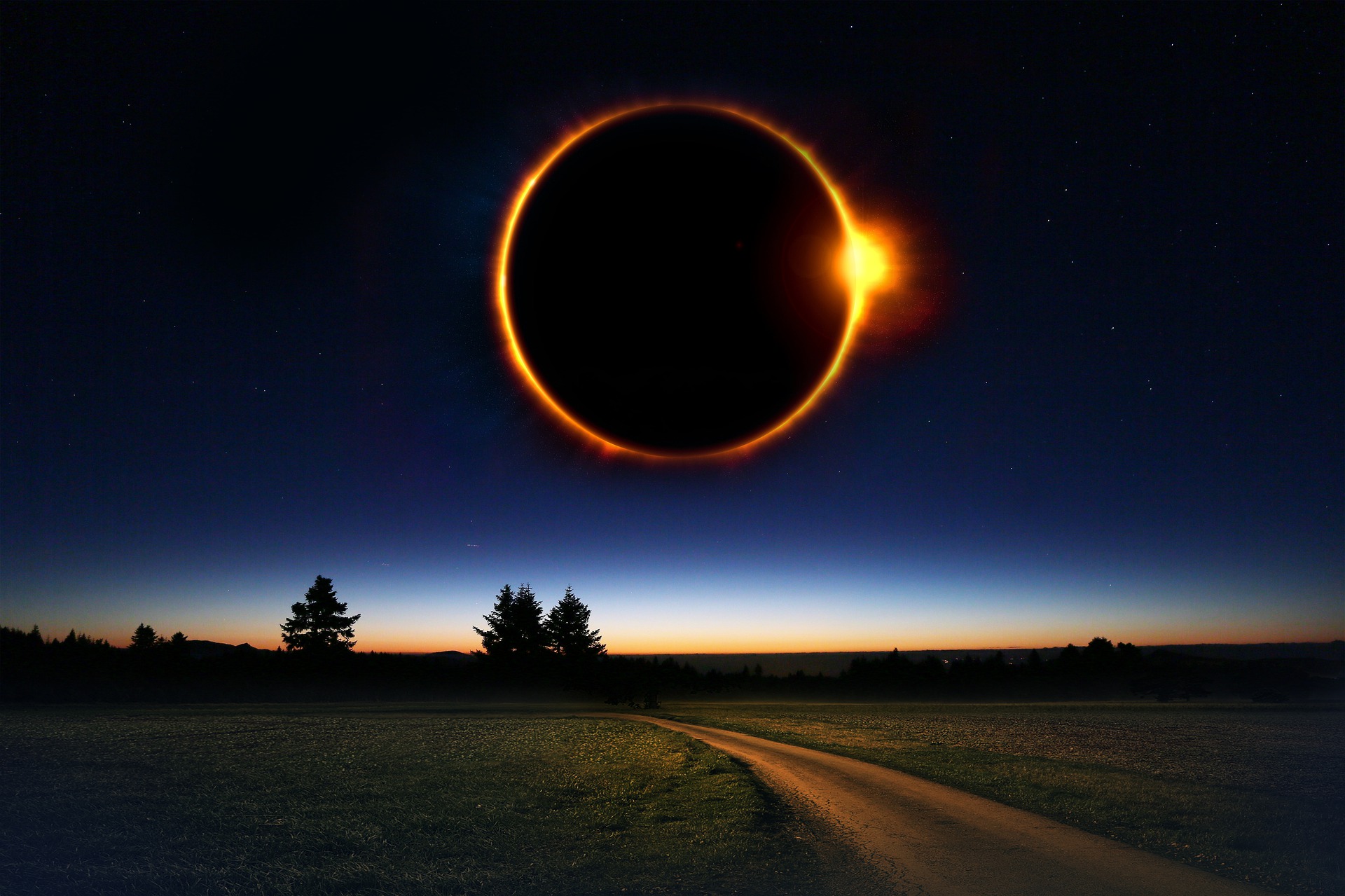If I said, “The darkness will definitely hide me; the light will become night around me,” even then the darkness isn’t too dark for you…because darkness is the same as light to you! – Psalm 139:11-12
The default setting on the dial of my soul is getting out of dark times as quickly as possible. Yet, isn’t it through those dark nights of the soul that our character develops and new insights emerge?
African American writer Barbara A. Holmes reflected on this:
In my mind, church talk about an association of darkness with evil and goodness with light made no sense. I knew that darkness held and healed me. So, there had to be many types of darkness that I could differentiate, dismiss, or embrace. . . .No matter how fractured things seem to be, no matter how the crisis splinters our delusions, there is a solid foundation within and beneath us, beside and between us. We can depend on this wholeness when it is experienced as a dark night of the soul for individuals, or an eclipse of the ordinary for the community.*
What have been the dark times for you, when there was no easy journey back to light? Grief in losing someone close? Financial crisis? Despair over a community/national tragedy? Anxiety over a major decision?
Darkness means there’s no quick fix. So, it humbles and “vulnerable-izes” us. It strips us of our illusions and defenses. It makes us question. It opens Scripture. It verbalizes prayer. It connects us to others.
Dr. Holmes used an eclipse as an example. Something has blocked the sun, but the sun is still there. The darkness will enable us to better walk in the returning light.
*Barbara A. Holmes, Crisis Contemplation: Healing the Wounded Village (CAC Publishing: 2021).

